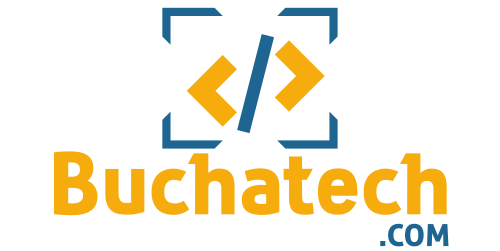I want to share here about Docker training I will be attending later this month June 24th/25th, 2019. It is a Docker JumpStart Virtual Workshop. I am excited about this training because it will be delivered by a fellow Microsoft MVP’s Dan Wahlin and Mike Pfeiffer. Also Dan Wahlin is a Docker Captain.

For those that don’t know a Docker Captain is like a Microsoft MVP but for Docker. There will even be some Kubernetes covered on day 2. This is shaping up to be some great training.
As of now there is still room in this class and its less than $300 USD! If you have wanted to get up to speed on Docker this is a good low cost way to do it. Here is a link to sign up: Docker JumpStart Workshop
Here is what will be covered across the 2 days (from the training website):
Day 1:
Getting Started with Docker
In this first section, you’ll learn Docker core fundamentals and the advantages and benefits of a containerized software development and deployment workflow. You’ll learn about the differences between containers and virtual machines, the role of images, and how the layered file system works.
Setting Up Your Environment
Next, we’ll dive deeper into Docker and explore the setup options you can use for local development. You’ll learn the key differences between Docker Desktop for Mac and Docker Desktop for Windows, and the recommended process you should use for your primary Docker workflows.
Building and Managing Docker Images
To become proficient with Docker you have to have a solid understanding of how to work with images. A Docker image is a file, comprised of multiple layers, used to execute code in a Docker container. When the Docker client runs an image, it becomes one or multiple instances of that container. In this section you’ll learn how to work with existing images and how to go about building your own.
Running and Managing Docker Containers
In this last section of day one we’ll dive into running and managing Docker containers. We’ll explore the concept of services, which are simply the concept of running containers in production. Services rely on a single container image, but defines the way that image runs, the ports it will use, and how many replicas of the container will be created to run the service. You’ll also learn about the concept of scaling a service to change the number of container instances running your application.
Day 2:
Mastering Container Volumes
How do you manage and persist data with a containerized application? Our topic to kick off day two will be an overview of the storage options available when working with Docker. We’ll dive into the concept of Docker volumes which makes it possible to persist data and share files among multiple containers. You’ll learn how to create and manage data in volumes using Docker CLI commands and gain a full understanding of how volumes work outside the lifecycle of a container.
Container Networking Demystified
Docker containers and services are even more powerful when connected together through virtual networking. This section will focus on how you can use Docker to manage containers in a platform-agnostic way. You’ll learn how your Docker hosts can run Linux, Windows, or a mix of the two, while allowing containers and services running on those hosts to interact within the same virtual network environment.
Docker Compose Orchestration In-Depth
Docker Compose is a tool for running a multi-container Docker application. Learn how to configure your application’s services using a declarative YAML configuration file. Next, see how you can use a single command to create and start all of your application’s services from your YAML configuration. Orchestration is a powerful concept that makes running containers in production possible, and Docker Compose works in any environment including production, staging, development, testing, along with CI workflows.
Container Orchestration with Kubernetes
Once you’ve learned the core concepts of building, running, and managing Docker containers, you’ll be ready to tackle one of the hottest technologies in the industry. Kubernetes (K8s) is an open-source system for automating deployments, scaling services, and managing containerized applications in real-world production scenarios. Learn the basics of Kubernetes and see how to build your first cluster in the cloud to get your applications up and running quickly.


1 thought on “Docker JumpStart Virtual Workshop”